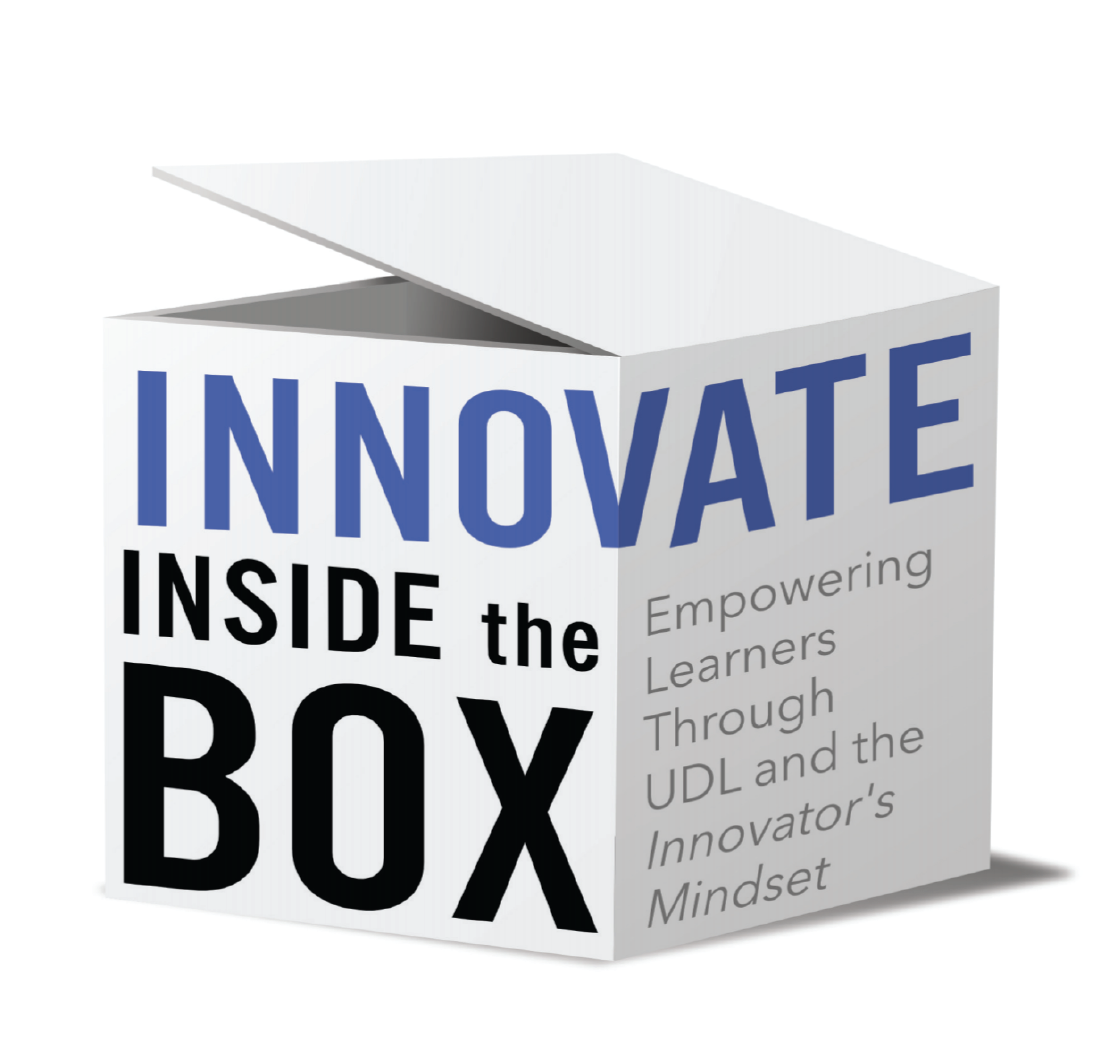Chapter 14: You Are the Core
How would people feel if they got to see the beautiful stories about your classroom and what you do with your learners every single day? In this final chapter, we hope that you take the time to think about “your compelling reason.”
Further Reading
Further Viewing
Questions for Discussion
- What has challenged you?
- What has been reaffirmed?
- What will you do moving forward?
Take some time to reflect, either privately or publicly, on these questions. The most important question of these three is the last. We would love to hear what you will do to move to action.



 Change can be hard and we have to make the choice to change. In this chapter, you will learn more about the importance of moving forward and how building relationships and understanding the journey ahead will help us as we move forward.
Change can be hard and we have to make the choice to change. In this chapter, you will learn more about the importance of moving forward and how building relationships and understanding the journey ahead will help us as we move forward. The final two chapters are about you and what you will choose to do with the information you have gained from
The final two chapters are about you and what you will choose to do with the information you have gained from